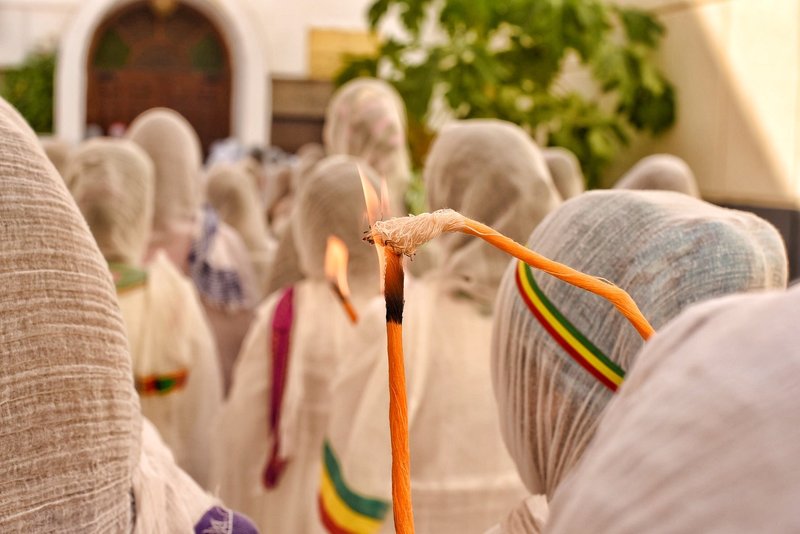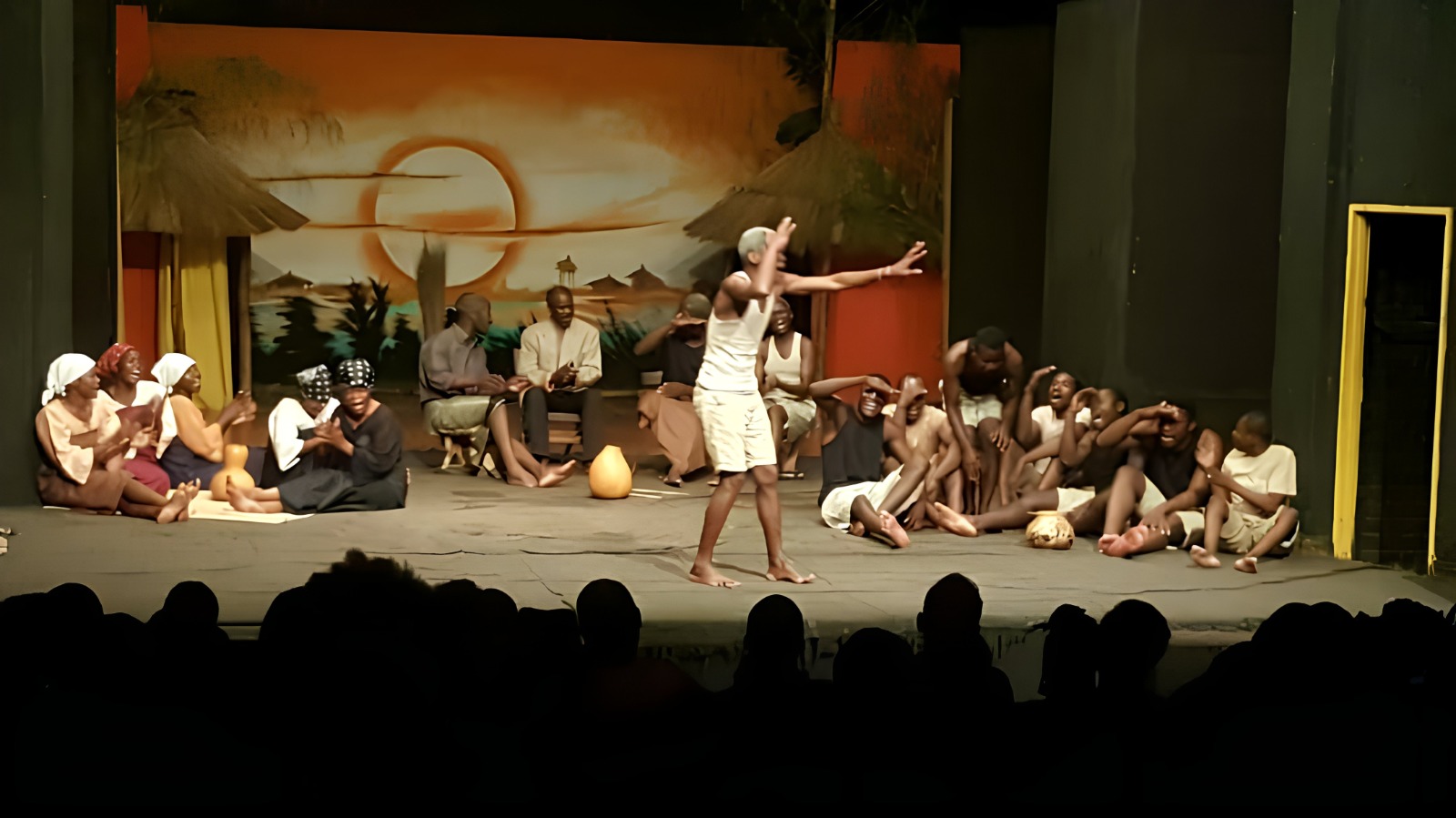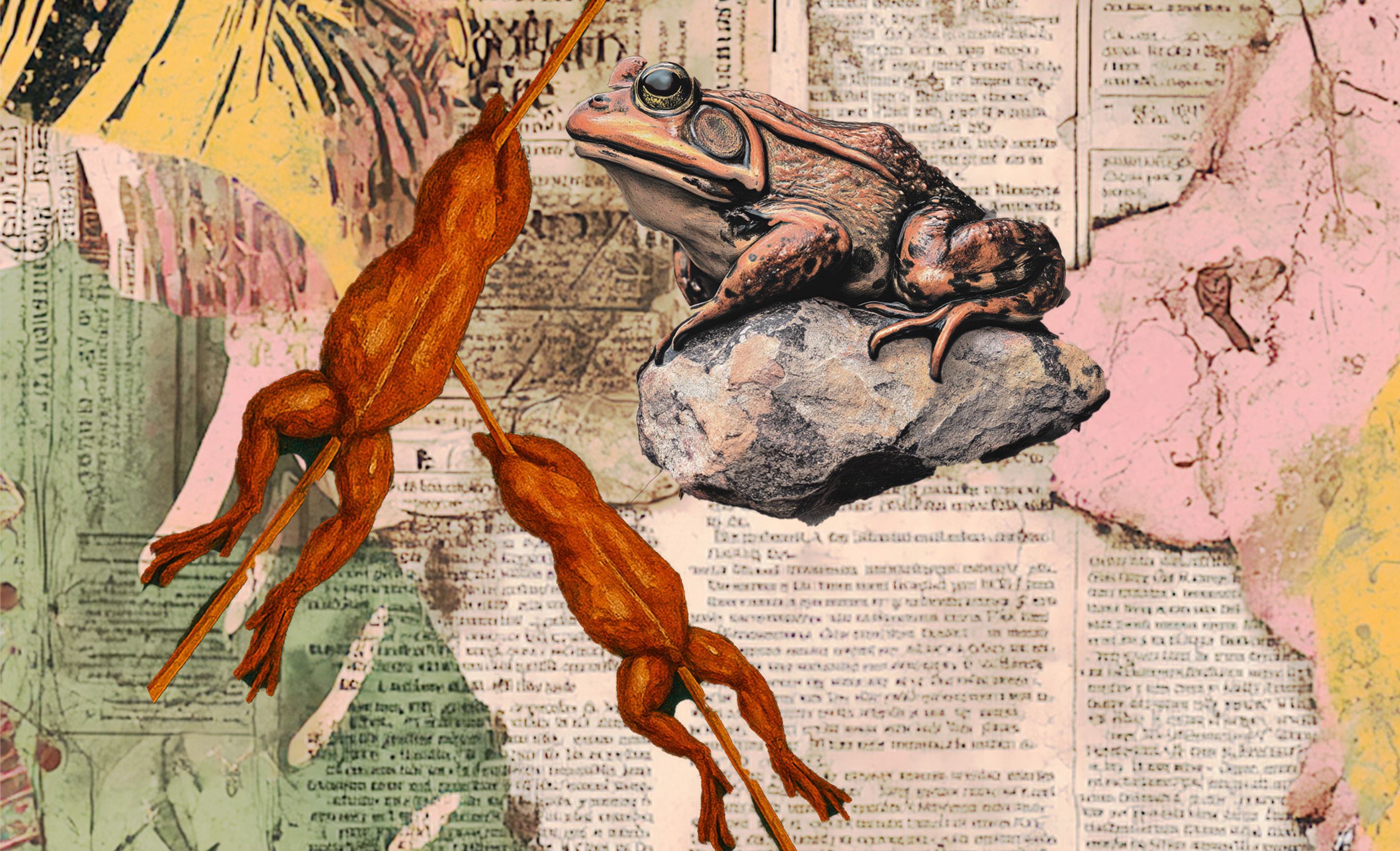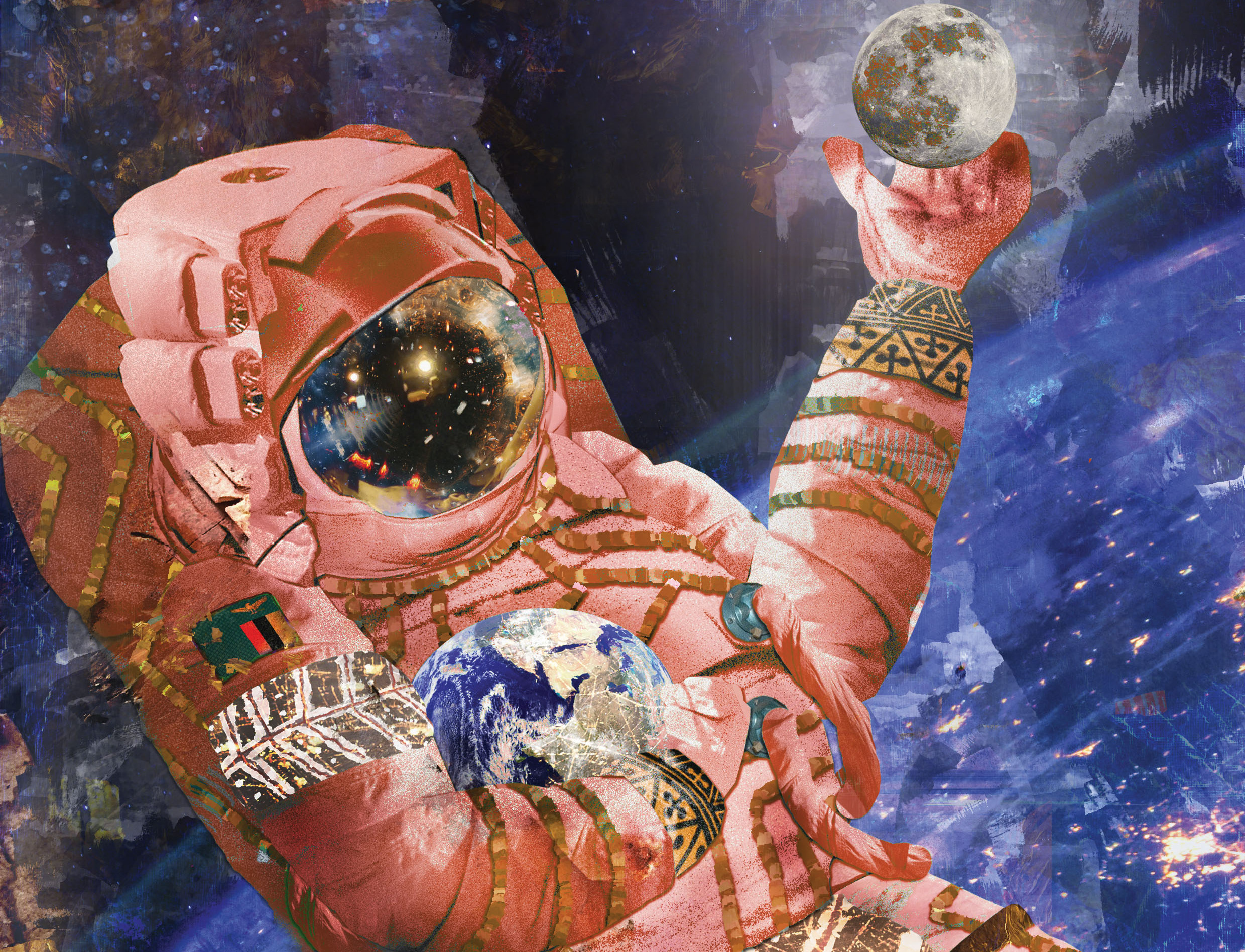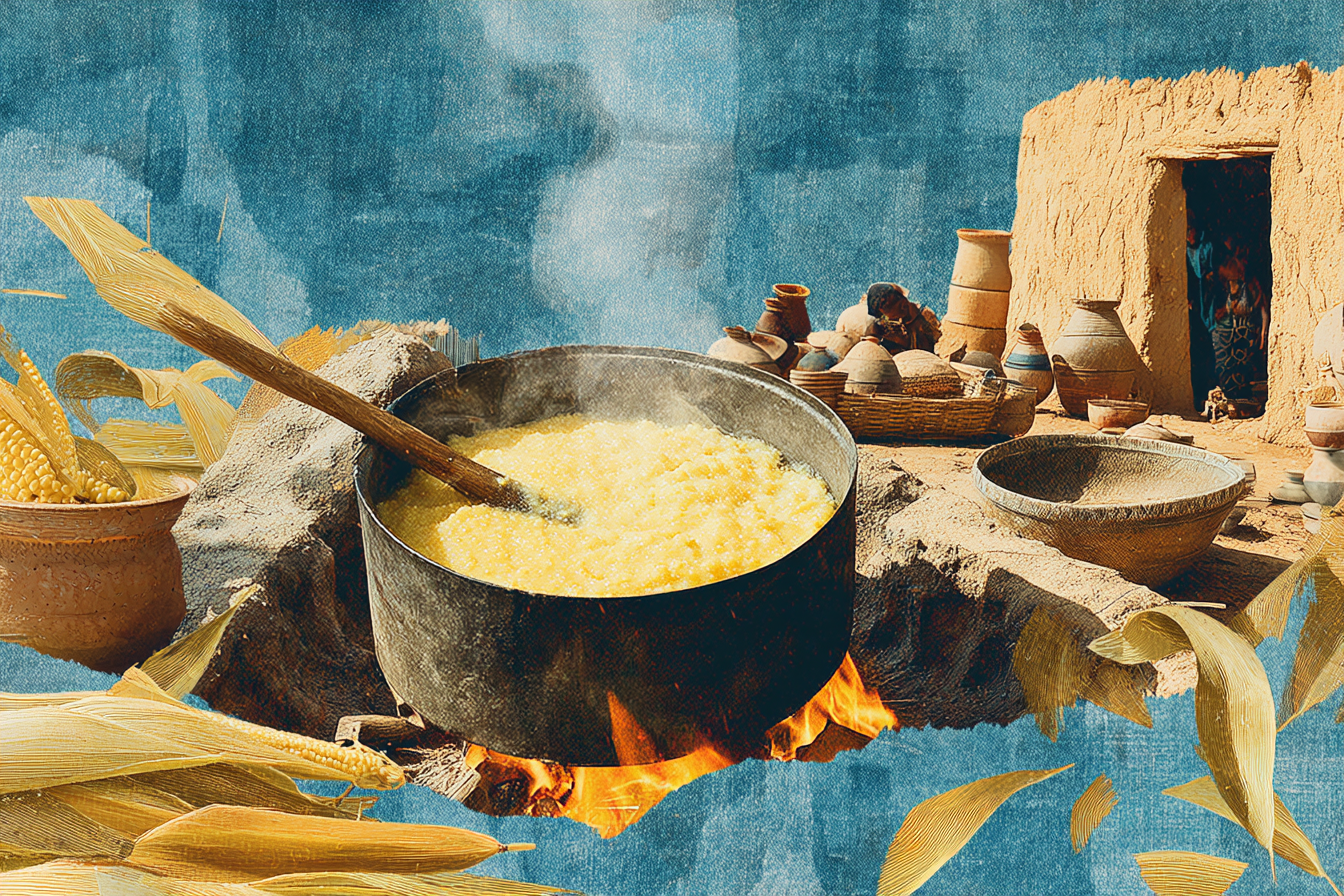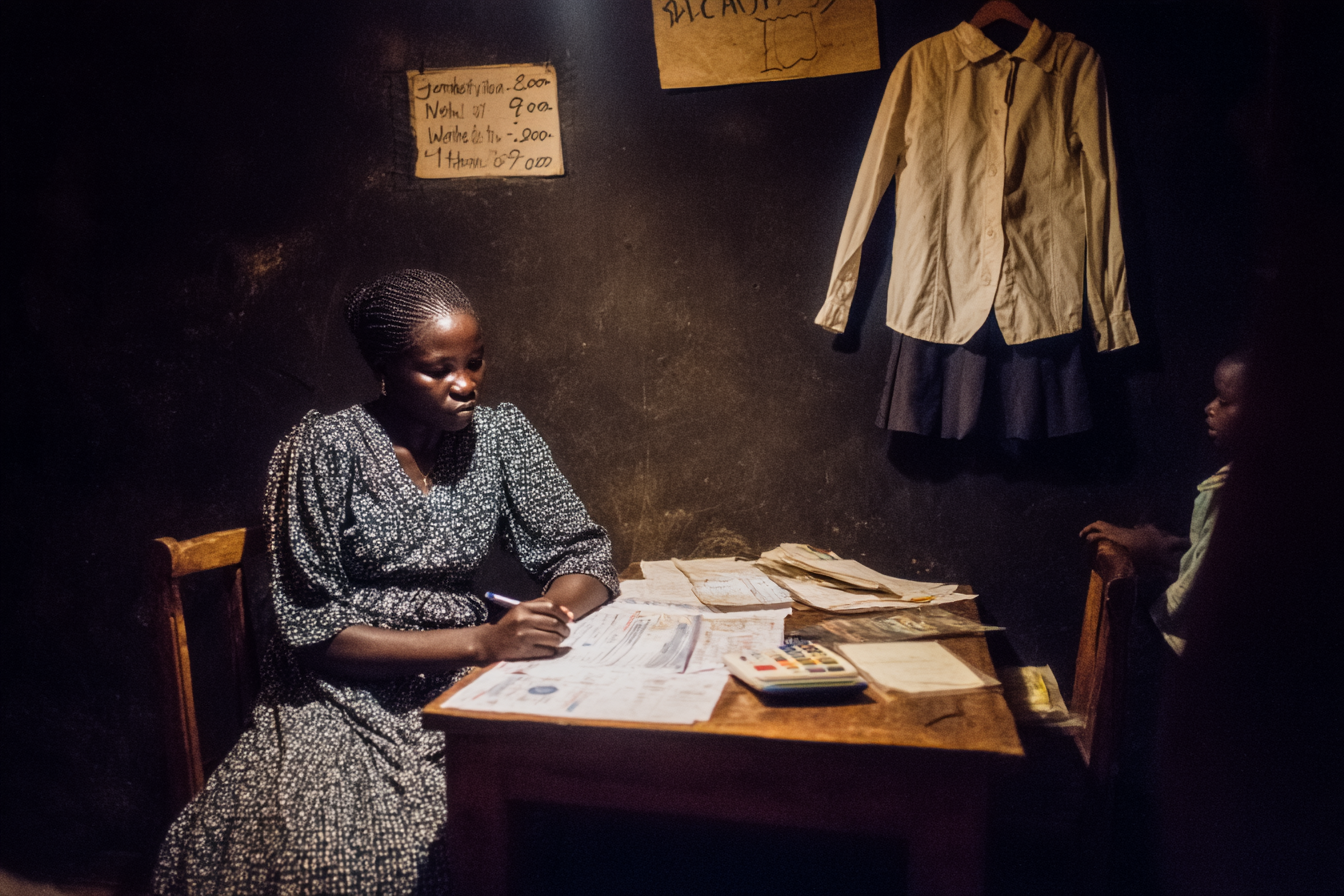Does Easter have its origins in Africa? The article traces ancient African traditions of renewal, from Yoruba celebrations of Ogun to Berber fertility rituals and the Fasika Easter of the East African Orthodox Church. Exploring agrarian rites, seasonal sacrifices, and Chokwe cosmology reveals parallels between African spirituality and Easter's themes of resurrection and rebirth.
The origins of many worldwide traditions can often be linked back to Africa. As one of the most culturally diverse continents, with a rich tapestry of peoples and traditions, African history and culture often reveal surprising connections to global customs. Many parallels in ancient knowledge can be found between civilizations that are unlikely to have had any contact before modern-day connections.
Chokwe Cosmology
A fascinating example of parallel knowledge development can be seen in the cosmology of the Chokwe people of present-day Zambia, Congo, and Angola when compared with Greek astronomy. Chokwe cosmology and oral traditions independently identified and recorded star nurseries and many constellations similar to those in Greek astronomical traditions. Examples of this are their naming and identification of the Milky Way, Mulawiji — resting river; and Tujita Jita, the Hunter in Chokwe cosmology, which is nearly identical to Orion the Hunter in Greek astronomy. This shows that Chokwe cosmology had already developed advanced understandings of the universe, independent yet parallel to other ancient civilizations.
These parallel developments in astronomy suggest how different cultures can arrive at similar understandings independently. Similarly, when examining religious traditions like Easter, we find comparable patterns of parallel development across cultures.
African Spirituality and Christianity
Easter is one of the most important celebrations of the Christian faith and is celebrated annually to commemorate the resurrection of Jesus Christ. When we look at the symbols associated with Easter, we encounter ideas of renewal and rebirth — symbols that can be found in many cultures around the world. The main themes of resurrection, new life, and rebirth also parallel some traditional African celebrations and festivals.
These parallels can be found within the Yoruba culture of West Africa, where the people hold celebrations for Ogun, their god of iron and rebirth, who cleared the way in the primordial forest for humanity to settle. Another prominent example could be the Berber people of North Africa who, in the springtime (which falls around Easter), hold various celebrations of fertility, rebirth, and the flourishing of crops. These celebrations marked the turn of the season and honoured the earth's "rebirth."\
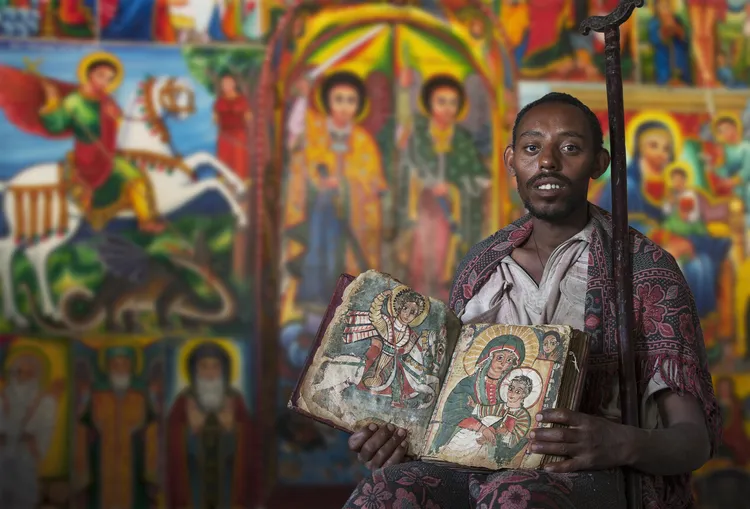
Ethiopian Orthodox Church Easter
The origins of the East African Orthodox Church of Ethiopia and Eritrea can be traced back to the 4th century CE, when Christianity was adopted as the state religion of the Aksumite Empire. Church leaders from this region participated in early Christian councils that helped determine how celebrations, including Easter, would be observed. This influence continues to shape many churches today.
Easter is the most important celebration for the followers of the East African Orthodox Church, known locally in the area as "Fasika." Many believers spend several days fasting in preparation for the celebration. The Church's followers will usually begin their fast once the period of Lent begins and continue for fifty-five days. Those who do not fast for the entire Lenten period will typically commit to a twenty-four-hour fast the day before Fasika (which is Easter Sunday). The East African Orthodox Church follows the Alexandrian calendar (Ge'ez), which follows the ancient Egyptian solar calendar. As a result, Easter in the East African Orthodox Church also happens later in the calendar than the Western celebration (by 1–2 weeks), with its followers believing that the date they observe, which falls in mid-April, aligns with the actual historical date of Jesus's resurrection.
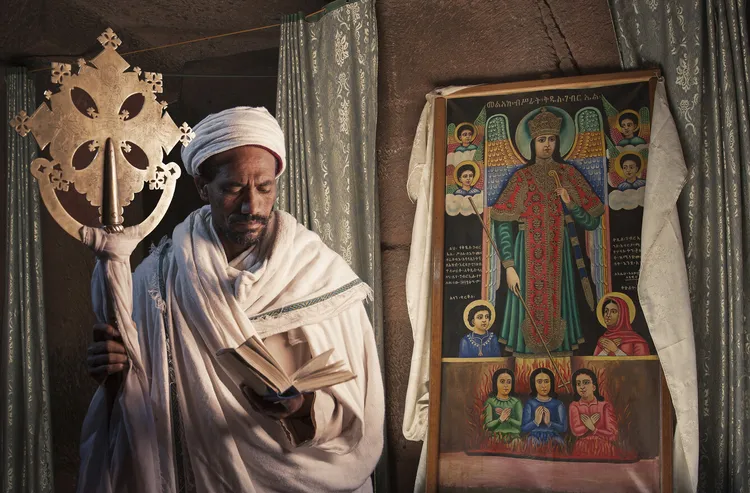
While Fasika today is the most sacred celebration in the East African Orthodox Church, clear parallels can be drawn with the region's pre-Christian agrarian traditions dating back thousands of years. Archaeological evidence from ancient sites throughout the Ethiopian highlands reveals seasonal ritual practices that coincided with agricultural cycles. Before Christianity came to East Africa, the highlands and plateaus were places of seasonal sacred festivals, prayers, and offerings. On Fasika Sunday, a lamb or goat is typically slaughtered, symbolising the Lamb of God. Similarly, cultural sacrificial rites were performed in ancient times to appease the gods, gain favour and protection, and would often overlap with the season of Easter. This period aligns with the beginning of East Africa's rain season (Belg), at the end of the dry spell. The beginning of the rains also carries cultural themes of rebirth, resurrection, and renewal — when the land "comes back to life."
These cultural parallels don't diminish the unique significance of Easter or Fasika, but rather demonstrate how faith and tradition intersect across continents and civilizations. Both ancient African spiritual practices and Christian Easter celebrations tell profound stories of triumph and rebirth after hardship — universal themes that resonate across human experience, regardless of geographic origin. This shared symbolic language of renewal speaks to the deep connections between seemingly disparate cultural traditions.
